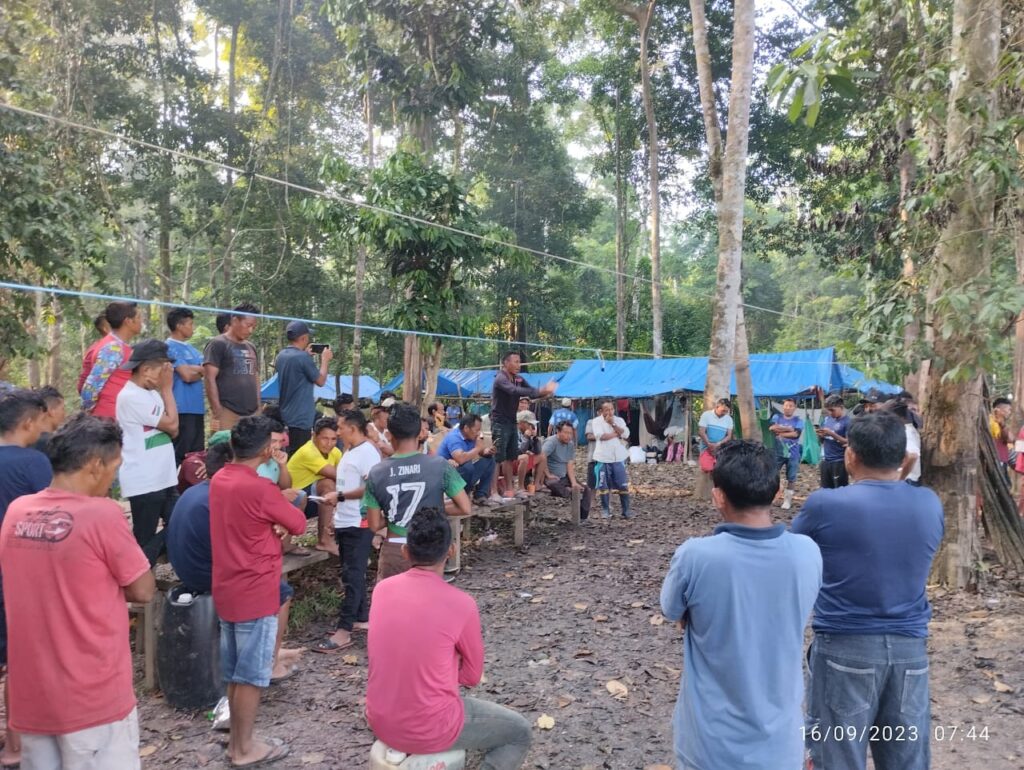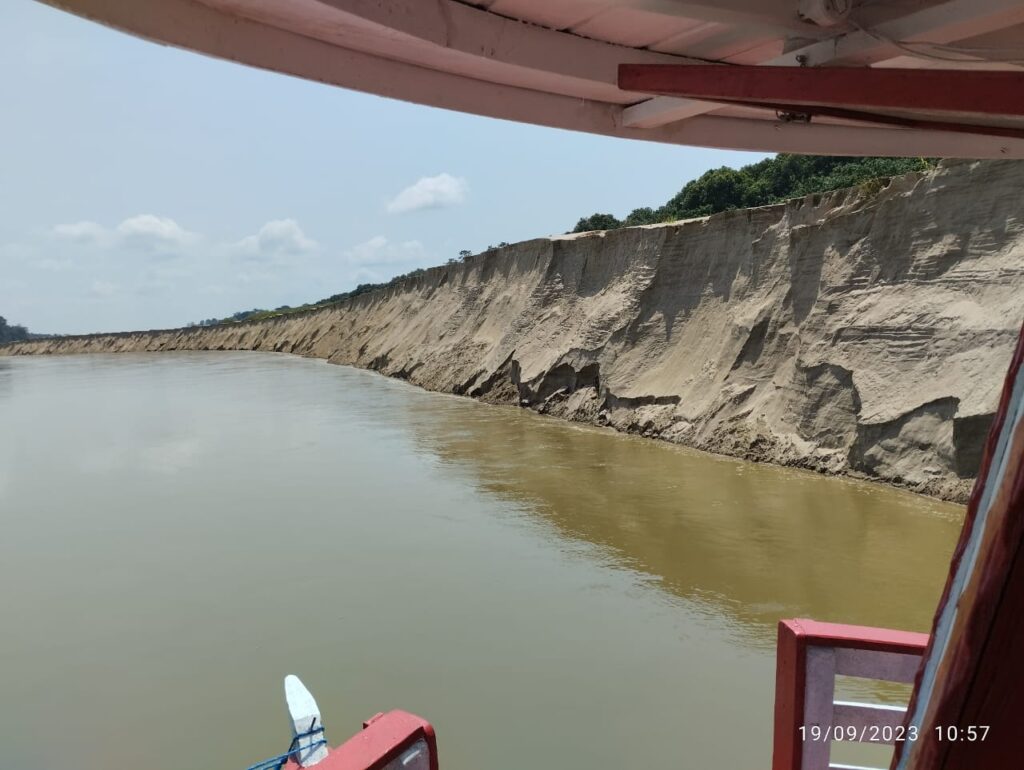The people Setting it overcomes the challenges of the dry season in the Amazon river, and the fishing, the 9.5 tonnes of arapaima
The quota authorized by Ibama, has been for 150 species of fish, the most received by any Setting on the six years of work,
The quota authorized by Ibama, has been for 150 species of fish, the most received by any Setting on the six years of work,
The people Setting the Xeruã not only managed to hold their annual fishing for arapaima, as it achieved the largest share in the six years of sustainable forest management: 150 of pirarucu, for a total of about 9.5 tonnes of fish. The rivers in the Early and Xeruã were now quite dry, and in mid-September, when it came to fishing, and this has put many of the challenges facing the implementation of the activity.

Overcoming the odds, 170 indigenous people in Setting up, organized into functions, fishing, scooters, cleaners, tutors, and the cooks were held in the fishery in the five-days of continuous hard work.
‘In the five villages, Setting the Xeruã are well-organized to participate in the management of the arapaima. We have caught as well, and the cooks they have worked well,’ he says, with a proud, Kavarivi Minute Setting, the coordinator of the management in the Deni Indigenous Land in 2023.

Fishing has occurred in five of the lakes, to the land of the indians. On the basis of the dry season, the results of some of these lakes were the only on the earth, because of the canals connecting with the river dried up. Remove the fish from the lakes, it was a job made even more difficult because it was necessary to carry fish over long distances.
The other challenge was to tackle the rapids are formed in the course of the Xeruã. The pilots of the boats had to be even more mindful of the way between the tree trunks and the tree-length, which have been carried by the force of the water.
‘We stand by our management, and to the young people Setting to continue to work on in the future. In one year we’re going to go fishing again, it is a collective work of the task force,’ he says Kavarivi.
In addition, an important tool for the conservation of biodiversity and management of the territory, the Setting will also evaluate the management, as it is an activity that has been incorporated into the culture of the people. ‘We have a lot to catch fish. This is the future of our world, in our lives. We want to continue this work’, says the coordinator of the operation. The work of the people, to Specify the sustainable management of the pirarucu, is supported by the Roots of the State‘, a project carried out by the Operation in the Amazon’s Native (OPAN), and is sponsored by Petrobras, the brazilian Federal Government.
